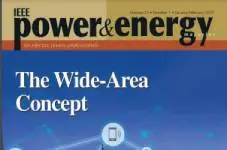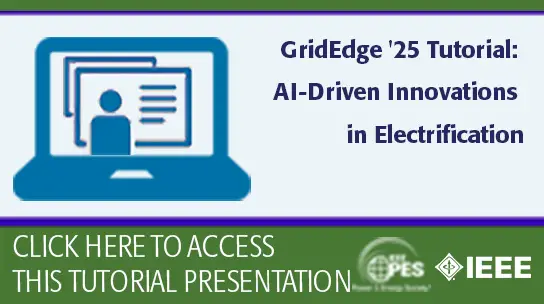Quadrennial Energy Review (QER)
Joint Task Force Leads: Damir Novosel, Veronika Rabl, Jeffrey Nelson Section Leads: Tom Schneider, Julio Romero Agüero, John McDonald, Doug Houseman, Massoud Amin, Thomas Pierpoint, Veronika Rabl, Robin Podmore Direct Contributors: Patrick Ryan, James Savage, Lina Bertling Tjernberg, Shay Bahramirad, Dan Brotzman, Spyros Skarvelis-Kazakos, George Ballassi, ML Chan, Mike Dood, Roger Hedding
-
Members: FreePES
IEEE Members: Free
Non-members: FreePages/Slides: 101
White Paper
09 May 2014
The U.S. government initiated a Quadrennial Energy Review (QER), following a Presidential Memorandum issued in January of 2014. As part of this effort, the U.S. DOE has requested IEEE to provide insights on a specific set of priority issues. The IEEE Power and Energy Society (PES) and the IEEE-USA organizations lead the IEEE response. IEEE, the world’s largest professional organization dedicated to advancing technology for humanity, utilizes synergies among private and public sectors (e.g., utilities, vendors, academia, national labs, regulatory organizations, and other industry participants) to provide unbiased and independent technical leadership to electrical power and energy industry worldwide.


